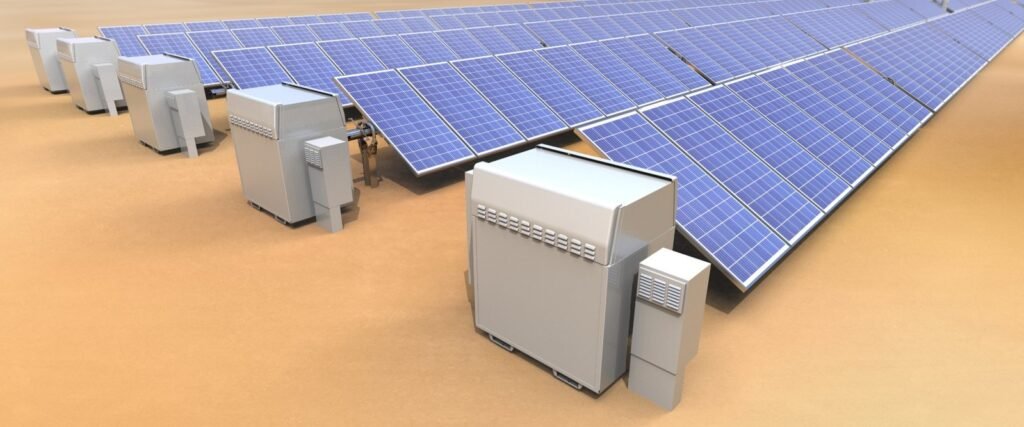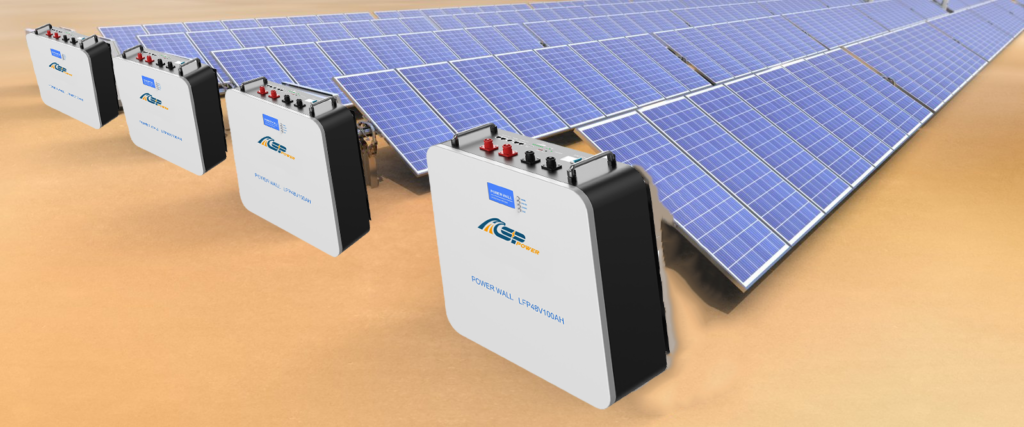Introduction
The world is in the midst of an energy transition through Battery Energy Storage Systems (BESS). We are moving away from fossil fuels and towards renewable energy sources like solar and wind. This transition is necessary to combat climate change and ensure a sustainable future for our planet.
One of the key challenges of this transition is how to store energy generated by renewable sources, which can be intermittent. Battery energy storage systems (BESS) are one solution to this problem.
BESS can store energy generated by renewables when there is excess production, and release it when there is high demand or when renewables are not generating enough power. This helps to even out the peaks and troughs of renewable energy production, making the grid more stable and reliable.
BESS is also becoming more cost-effective as technology improves and battery prices continue to fall. In some cases, they are already cheaper than new gas peaker plants, which are traditionally used to meet spikes in demand.
Types of Battery Energy Storage Systems

There are a number of different types of BESS, each with its own advantages and disadvantages. The most common types are lithium-ion batteries, lead-acid batteries, and flow batteries.
Lithium-ion batteries are the most popular type of BESS due to their high energy density and low self-discharge rate. However, they can be expensive and have a limited number of charge-discharge cycles.
Lead-acid batteries are cheaper than lithium-ion batteries but have a lower energy density. They also require more maintenance and have a shorter lifespan.
Flow batteries are a newer type of BESS that have the potential to store large amounts of energy for long periods of time. However, they are currently more expensive than other types of BESS and their long-term performance is not yet known.
BESS can play a vital role in the energy transition, helping to make renewable energy more dispatchable and providing stability to the grid. As BESS becomes more cost-effective, its deployment is likely to increase in the coming years.
Effective Utilization of Battery Energy Storage Systems (BESS)
For proper utilization of BESS, an understanding of the following is essential:
-
The Type of BESS
-
How BESS works
The functioning of BESS is as follows:
1) When there is an excess of energy, BESS charges itself.
2) When there is a demand for energy or renewables are not generating enough power, BESS releases the stored energy.
3) This helps to level out the peaks and troughs of renewable energy production, making the grid more stable.
-The benefits and limitations of BESS
Battery Energy Storage Systems have a number of benefits, including:
They help to make renewable energy more dispatchable.
Bess can store energy generated by renewables when there is excess production, and release it when there is high demand or when renewables are not generating enough power. This ensures that the energy generated by renewables is used more effectively and reduces the need for backup power from fossil fuels.
They provide stability to the grid.
BESS helps to even out the peaks and troughs of renewable energy production, making the grid more stable and reliable. This is important as we move towards a higher penetration of renewable energy on the grid.
They are becoming more cost-effective.
As technology improves and battery prices continue to fall, BESS is becoming more cost-effective. In some cases, they are already cheaper than new gas peaker plants, which are traditionally used to meet spikes in demand. Some of the affordable renewable energy storage batteries are sole by SPP. SPP is one of the leading suppliers of energy storage batteries in China.
They have a long lifespan.
BESS has a long lifespan, with some types of batteries lasting for over 20 years. This means that they can provide a long-term, stable source of energy storage. The longer lifespan increases the overall reliability and cost-effectiveness of BESS.
Limitations of Battery Energy Storage Systems
BESS is not without its limitations, however. Some of the main limitations are:
They require a lot of space.
BESS can take up a lot of space, which can be an issue for some applications. You need enough space for the batteries, as well as space for the necessary cooling and ventilation equipment.
They require maintenance.
BESS requires regular maintenance and must be regularly monitored to ensure that it is functioning properly.
They have a limited number of charge-discharge cycles.
Most types of BESS have a limited number of charge-discharge cycles before they need to be replaced. This can limit their usefulness in some applications.
Despite these limitations, BESS is a promising technology that can play a vital role in the energy transition. As BESS becomes more cost-effective, its deployment is likely to increase in the coming years.
Factors to consider when buying BESS

When buying BESS, there are a few important factors to consider, including:
The type of battery.
There are many different types of batteries available on the market, each with its own advantages and disadvantages. You need to choose the type of battery that is best suited for your application.
The size of the battery.
The size of the battery will determine how much energy it can store and how long it can provide power. You need to choose a size that is appropriate for your needs.
The cost.
Batteries can be expensive, so you need to consider the cost when making your decision. Batteries with a longer lifespan and higher performance tend to be more expensive.
The warranty.
Most batteries come with a warranty, so you need to check what is covered and for how long. This will give you an idea of the quality of the battery.
The supplier.
When buying BESS, it is important to choose a reputable supplier that has experience in the field. This will ensure that you get a quality product.
SPP is one of the leading suppliers of BESS in China. We have a wide range of products to choose from, and our experienced team can help you find the right solution for your needs. Contact us today to learn more about our products and services.
The applications.
Batteries can be used for a variety of applications, such as grid-scale storage, backup power, and electric vehicles. You need to choose a battery that is suitable for your application.
The environment.
You need to consider the environment in which the battery will be used. Some batteries are not suitable for use in extreme temperatures, for example.
There are other factors that you may have to consider depending on where you are and the specific use.
Conclusion
Batteries are essential for energy transition. They are a key technology for enabling the widespread use of renewable energy and electric vehicles. BESS is a promising technology with many potential applications.
When buying BESS, there are a few important factors to consider. You should pay attention to them to find the right solution for your needs. If you have any challenges or need assistance in acquiring BESS, feel free to contact us.
